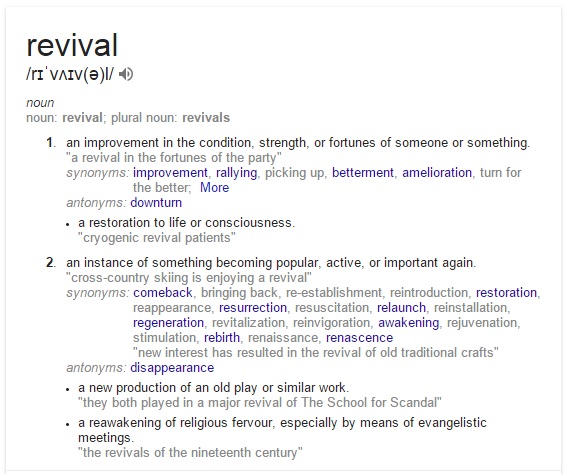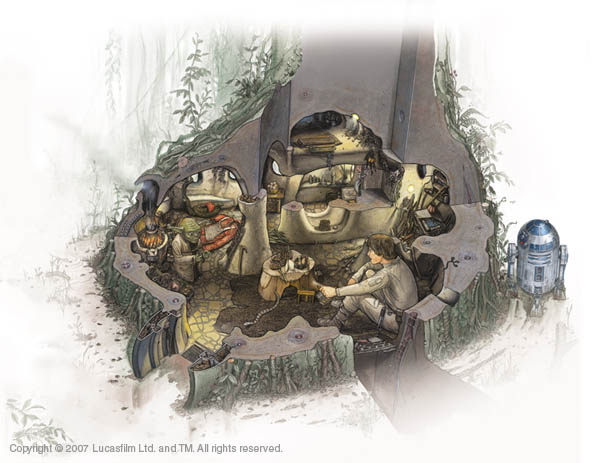Hi, folks! 🙂 I hope everyone’s had a great summer!
Today’s post is a bit like a Friday Reflection, but since it’s also a writing exercise, it’ll have a few instructions and guidelines for you to follow. It’s totally up to you whether you adhere to it strictly (not there are a lot of guidelines in the first place) or simply take what you like! 🙂
The topic is: bridges to cross / bridges to burn.
It can be two topics, if you think of them that way, or one unit with two halves.
Step 1: A great bit of brainstorming
As always, let’s brainstorm before diving into the actual writing of the piece (it is, after all, the first step of the writing process). You could pick either “bridges to cross” or “bridges to burn” to reflect upon, or you could take the entire topic as a unit and reflect upon it as a whole.
Before I throw other ideas into your mind — what are the first thoughts that come to you? Jot them down somewhere right away — whether they’re single words or entire phrases, or even images.
This is an important part of today’s exercise, and might end up writing your poem in the process, so spend a good chunk of time here. Find a place to sit comfortably (curled into your beanbag, out on the balcony, up in a tree…wherever you can stretch your brain best without distraction). Spend fifteen to twenty solid minutes for brainstorming. Try to fill up your page with as many ideas/phrases as possible.
Step 1.5: Some food for thought
Once you’re through putting down what was already in your mind, you can proceed with this step.
What are the ideas that come to mind when we think of “bridges to cross / bridges to burn”?
There’s the famous proverb: Don’t cross the bridge until you come to it.
There’s a famous quote:
The hardest thing to learn in life is which bridge to cross and which to burn.
-David Russell
As Wikipedia says, crossing a bridge is a common metaphor for solving problems or overcoming obstacles. Bridge-crossing can also symbolize a significant decision made, or an important point of progress in a journey. In that journey, the two ends of the bridge can be two very different places, even contrasting places. These places can be landscapes of the mind. The journey can be entirely psychological, emotional, or physical.
You’ll find that images/metaphors such as these work best when they’re more layered. See if you can, in your piece, incorporate as many aspects of bridge-crossing (or burning) as you can: physical, emotional, psychological…
Burning a bridge signifies cutting oneself off from a thing forever (just as literally, once you burn a bridge down, you cannot get to the other side). You could be burning a bridge either to a place (again, this can be physical or of a mindset) to which you’ve choosing not to go, or from which you’ve come.
When the two are placed side-by-side, however, they seem to find new layers of of meaning, new messages. One of the messages rings with a tone of finality: either you cross the bridge or you burn it — stretched to Mr. Russell’s quote, it’s the difficulty of figuring out which are the “bridges” in your life that you have to “cross”, and which you have to “burn”.
Remember, “burning” a bridge implies that you’ll never be able to go across; “crossing” it may mean you never return (as Mr. Frost says, often “way leads on to way” and you find you’re too far ahead to turn around) or are not welcome back, should you wish to return. You could also be afraid of what awaits on the other side. This kind of decision-making could involve a lot of inner conflict.
Before we move on to the next step, could could also take a moment to check out this blog post on ‘Crossing Bridges’, for another perspective. There’s a poem shared there that could also give you another point of view:
Step 2: What’re you going to write (about)?
You’ve already got material to write with from your brainstorming, but the next crucial step is to decide what theme/experience you’re going to focus on in your piece. You have several options by now, actually:
- Go through your brainstorm and pick out one idea/theme that seems to dominate most of the page (perhaps something like ‘making difficult choices‘, or if it’s just one of the two topics, ideas like proceeding with the journey or leaving someone behind)
- Go through your brainstorm and pick out interesting oppositions that you’ve either intentionally or inadvertently written down (because of the two halves of the topic), and make this opposition of ideas your focus: two ends of the decision-making process; bridges we cross vs. ones we burn; or even the central conflict of choosing whether to cross or to burn
- Recall a personal experience of having to make that decision (crossing/burning a bridge) and illustrate the physical, psychological and emotional layers of the conflict
- Recall a non-fictional or fictional experience of the same — pick a character from a fictional story (could be from a short story or a novel) or a non-fictional one (could be historical, of instance) who might’ve had to do this; try to work through his/her/its experience — you could experiment with either 1st person perspective and write from their point of view, or maintain your position as an outsider and write in the 3rd person perspective
- Create a fictional experience based on the topic and work through it; experiment with perspectives, try to make the most efficient use of the metaphor as possible
Step 3: Let’s write!
Now that we’re done with all that reflection, and you’ve decided on your focus, it’s time to start writing! 😀
You can draw as many images, words or phrases from your brainstorm as you wish, just make sure they fit together and can be worked into whatever your theme is.
If you’ve chosen to deal with those oppositions:
- You could write something that’s interestingly structured — a poem written in two columns, perhaps, where each stands for one respective end of the bridge, i.e., the possible consequences of decisions. It could even be a list poem.
- You could write a story where the oppositions run parallel to one another, perhaps depicted through decisions two different characters make (each character could reflect a personality — one who constantly ‘crosses’ bridges head first, another who often chooses to ‘burn’ them).
If you’re writing a poem, see if you can structure it to work with the progress of thought in your poem! You could make it a concrete poem — structured in the shape of a bridge, for instance. You could have a fixed rhythm, rhyme, etc. and suddenly break it when you hit the climax (where either the bridge is crossed or burnt); depending on the resolution, you could either set back into rhythm (perhaps a new one), or choose free verse. This free verse could be cluttered, chaotic, or clumsy — depending on why the persona has not come to terms with the decision — or it could flow smoothly, and utilize the “free” quality of free verse to express the persona’s sense of liberation.
Of course, these are all only suggestions. If you’ve got a picture perfect idea of how to let your poem’s theme spill unto its structure, go with it! 🙂
Happy writing & happy weekend!
I hope you find this exercise useful and/or challenging! It’s always up to you to take as much or as little as you want from all of this. The most important thing is to be able to find something to write about, and of course, write.
Have a great weekend, and as always, happy writing! 🙂

!['Think Like a Tree' - a lovely list poem by Karen I. Shragg [Image Source]](https://justsomepoesy.wordpress.com/wp-content/uploads/2014/11/think-like-a-tree-karen-i-shragg.jpg?w=610)












